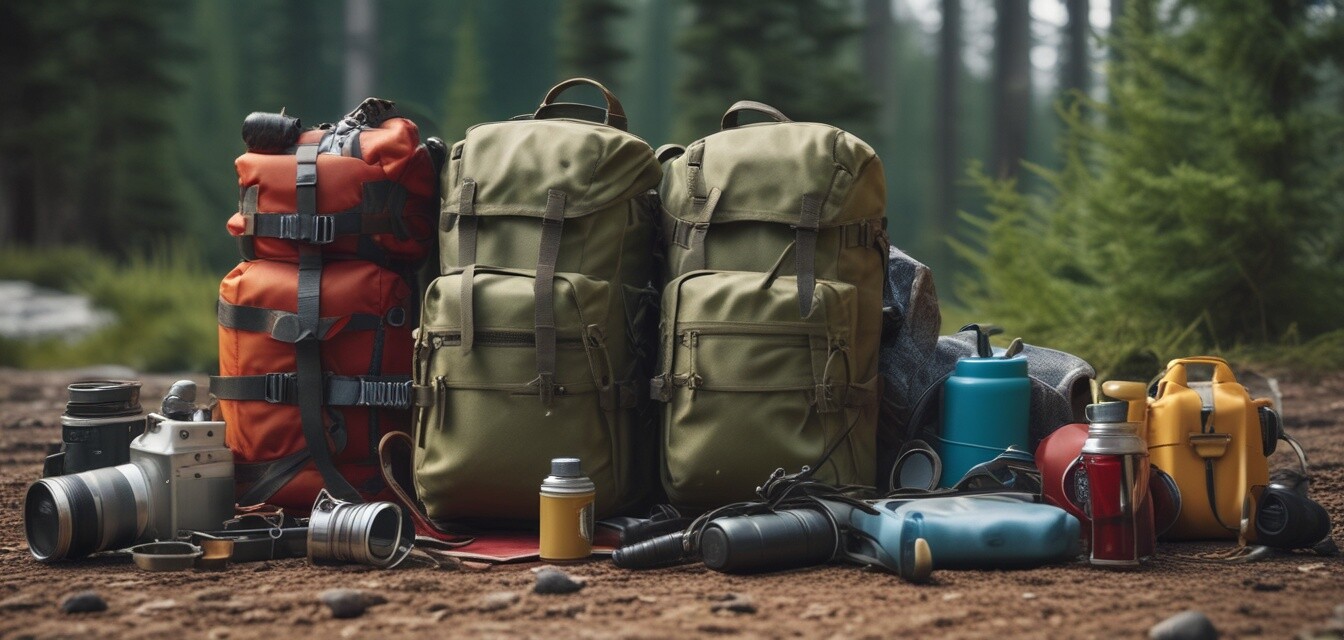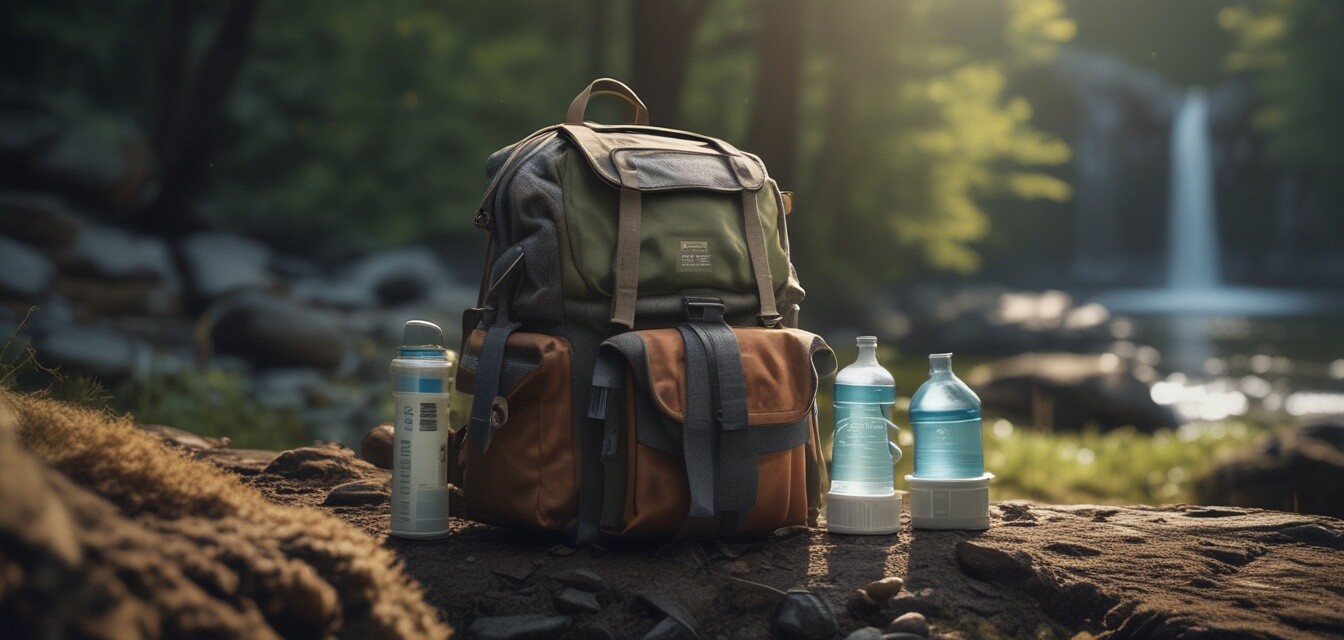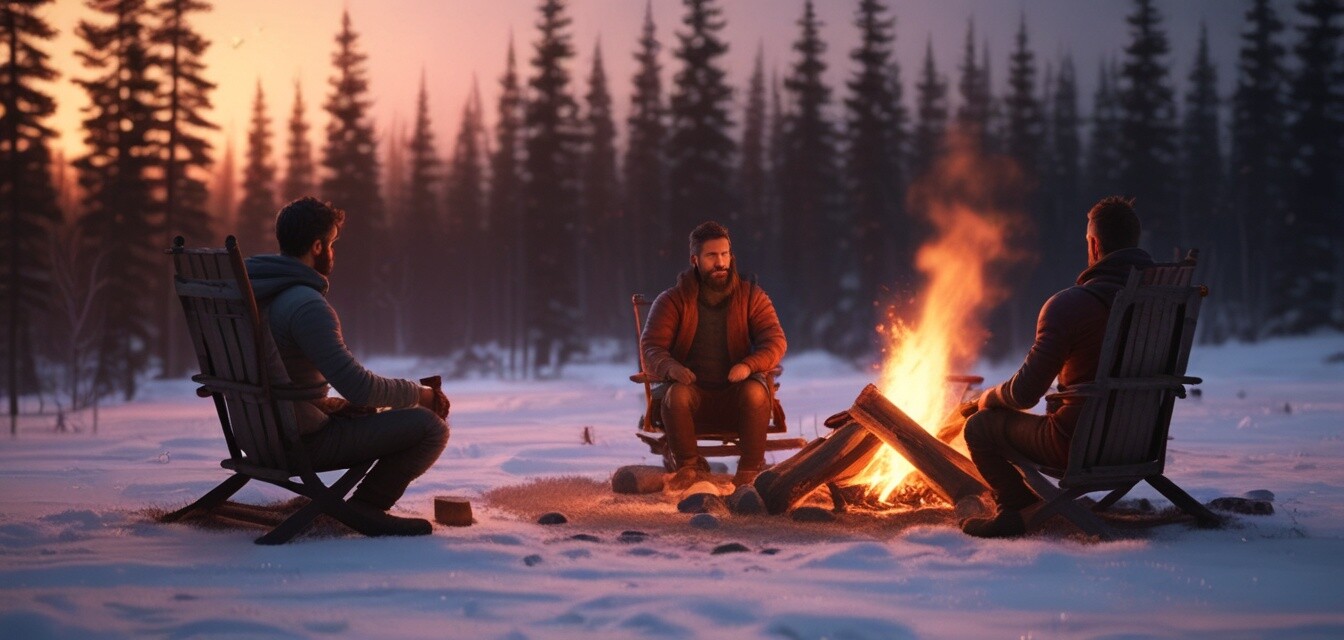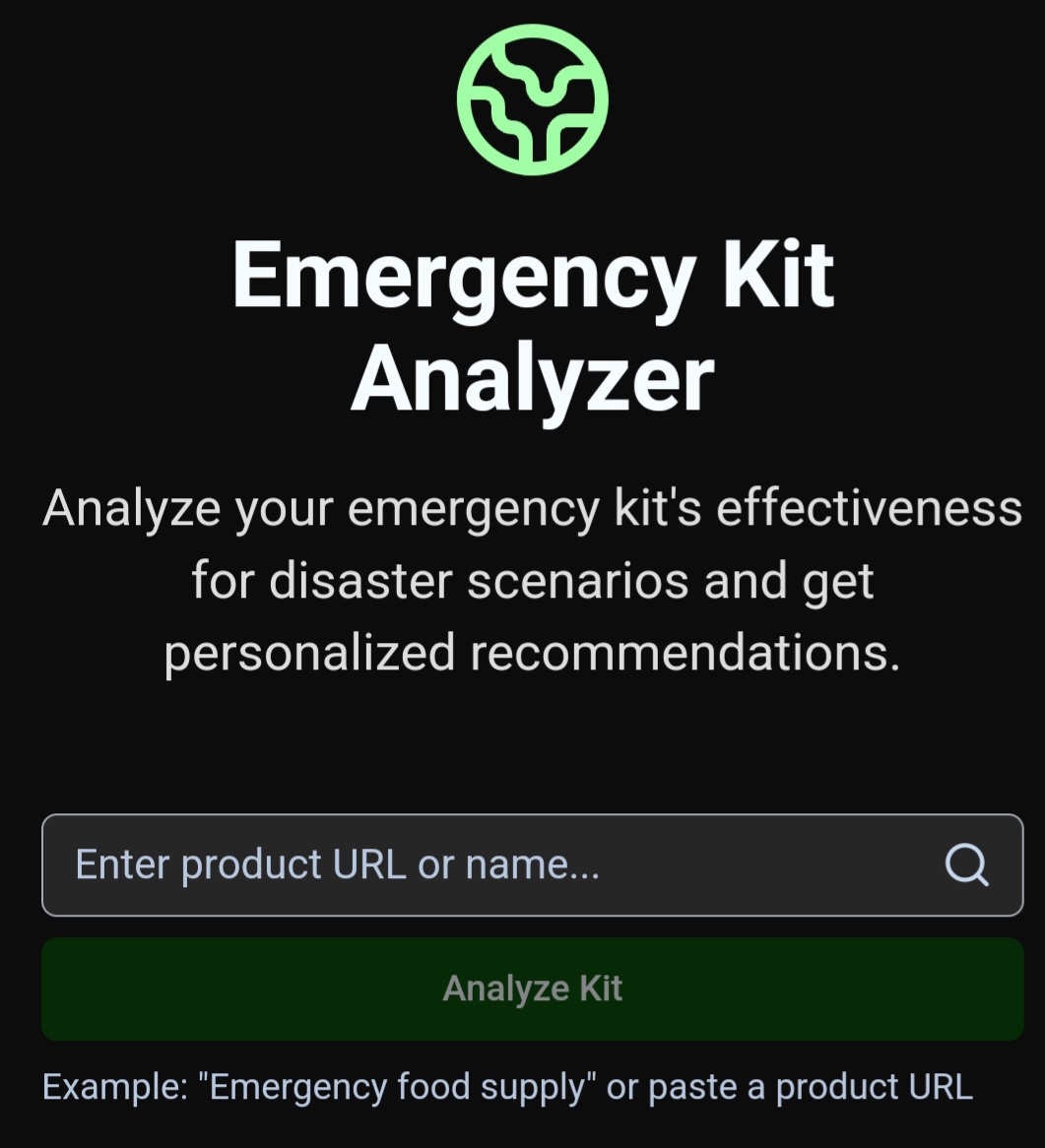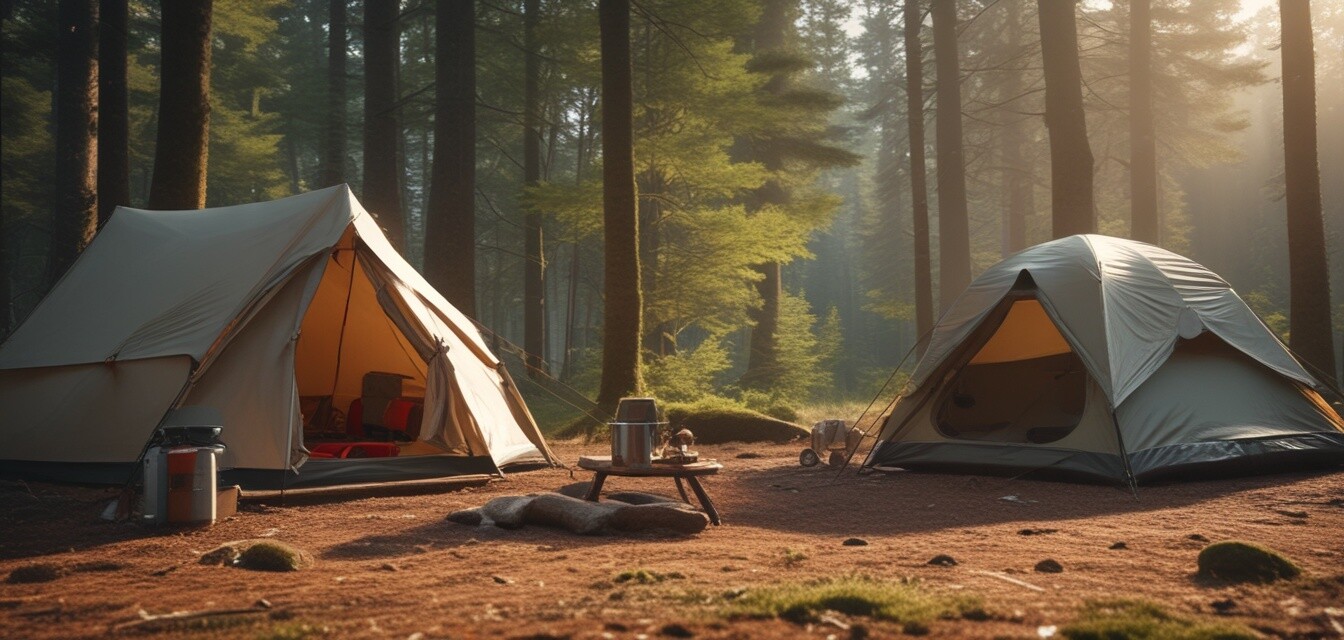
Disclosure: Some parts of this article was created using AI and is not wholly based on personal experience. It includes affiliate links, which means we may earn a commission if you purchase through these links at no extra cost to you. As Amazon Associates, we earn from qualifying purchases. Some product recommendations and endorsements may have been enhanced or generated by AI.
Camping Safe Practices
When venturing into the great outdoors, safety should always be your top priority. Whether you're a seasoned camper or just starting out, it's essential to know the best practices for safe camping in emergency scenarios.
Key Takeaways
- Choose a safe campsite location
- Pack essential emergency kit
- Stay informed about weather conditions
- Practice fire safety
Choosing a Safe Campsite Location
When selecting a campsite, there are several factors to consider to ensure your safety. Here are some tips to keep in mind:
| Factor | Safe Campsite Location |
|---|---|
| Proximity to water | Avoid camping too close to rivers, lakes, or streams, as they can flood suddenly. |
| Terrain | a flat area with good drainage to avoid flooding and landslides. |
| Vegetation | Avoid camping in areas with dry underbrush or dead trees, as they can be a fire hazard. |

Packing an Essential Emergency Kit
An emergency kit can be a lifesaver in case of an unexpected situation. Here are some essentials to include:
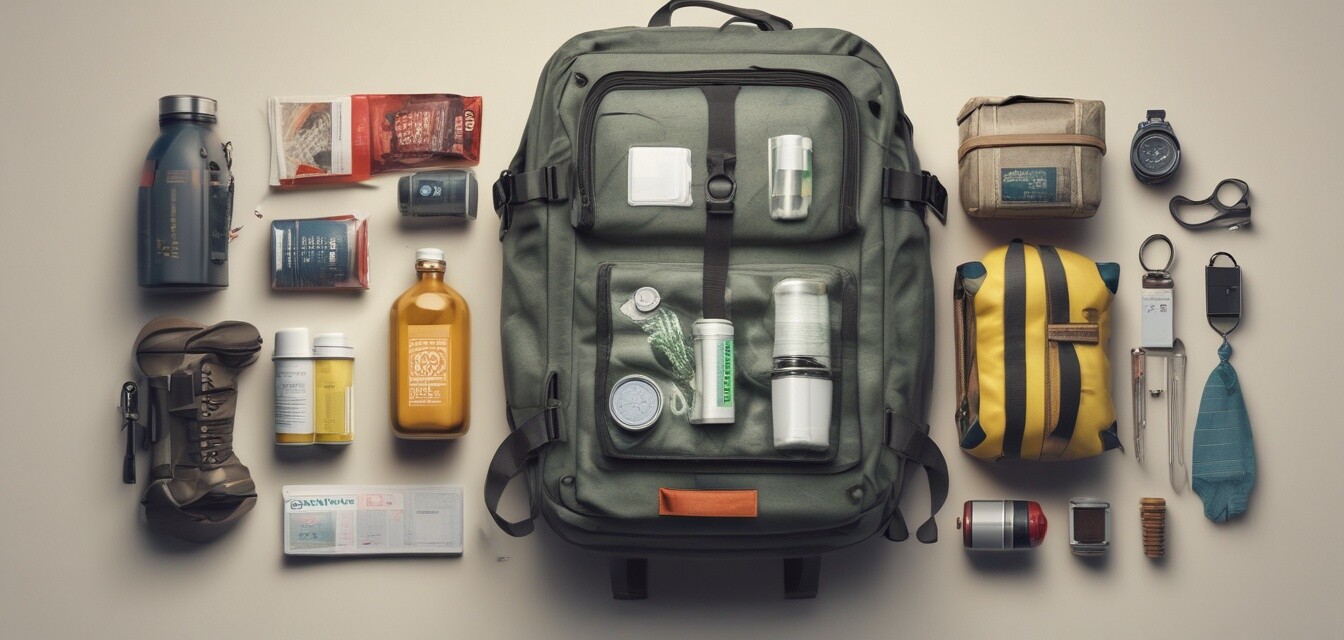
Staying Informed about Weather Conditions
Weather conditions can change suddenly, making it essential to stay informed about forecast updates. Here are some tips:
- Check the weather forecast before heading out
- Monitor local news and weather reports for updates
- Be prepared for sudden changes in weather conditions
Practicing Fire Safety
Fires can be a significant hazard when camping. Here are some tips to practice fire safety:
| Fire Safety Tip |
|---|
| Build fires in designated areas |
| Keep a fire extinguisher nearby |
| Monitor wind direction to avoid sparks spreading |
| Extinguish fires before leaving |
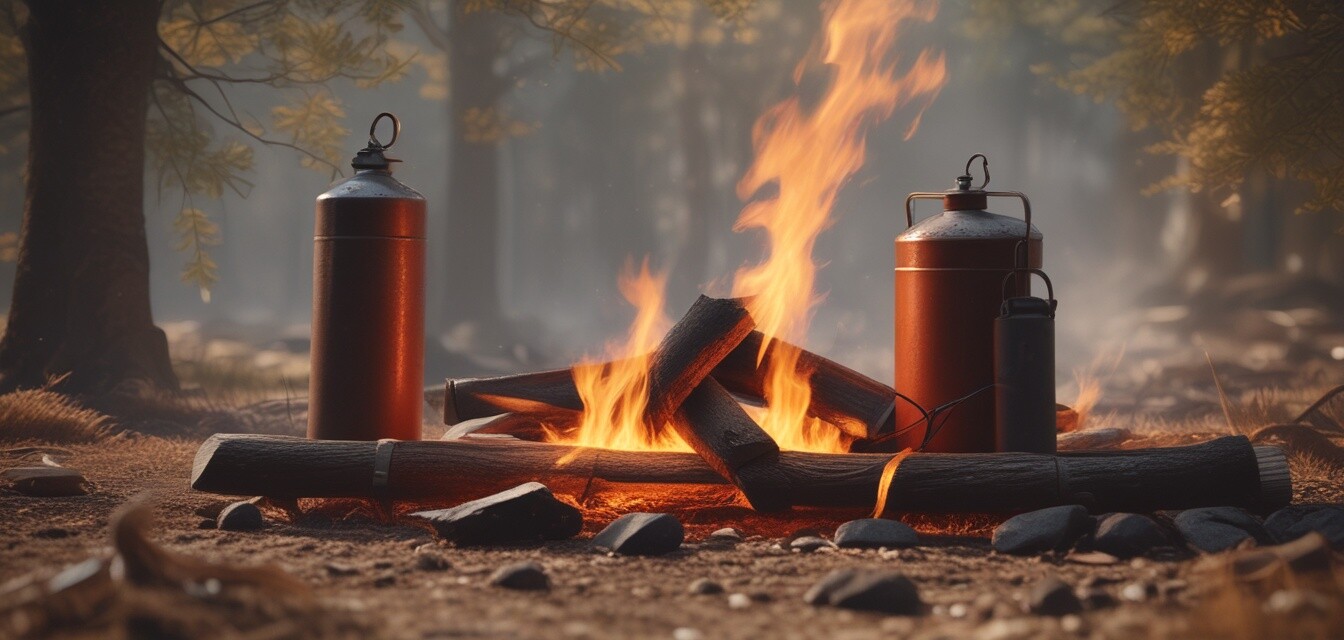
Pros of Safe Camping Practices
- Reduced risk of accidents and injuries
- Increased confidence in emergency situations
- Better preparedness for unexpected scenarios
Cons of Neglecting Safe Camping Practices
- Increased risk of accidents and injuries
- Lack of confidence in emergency scenarios
- Poor preparedness for unexpected situations
Beginners' Tips
- Start with small, local camping trips to gain experience
- Invest in high-quality camping gear and emergency kit
- Practice camping skills, such as building a fire and pitching a tent
